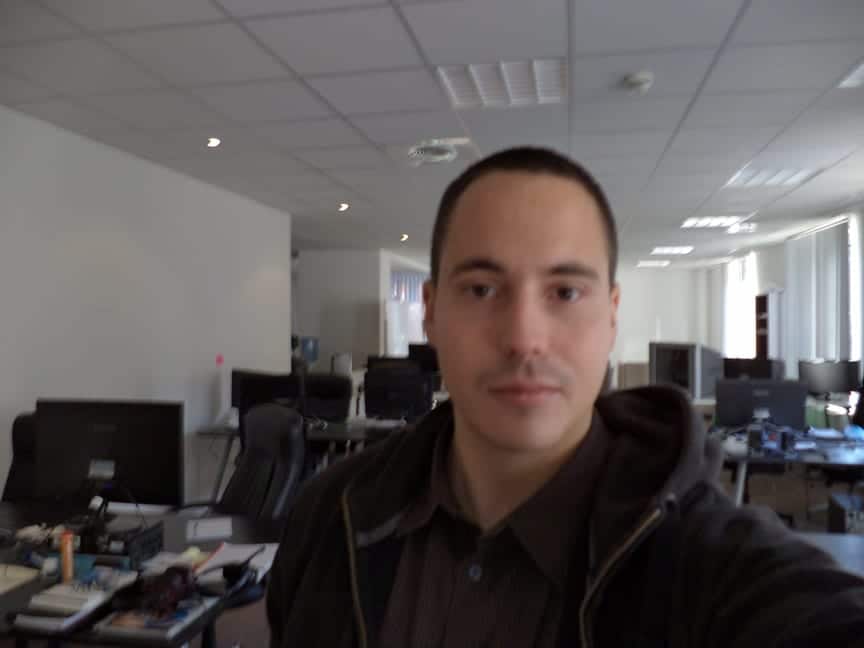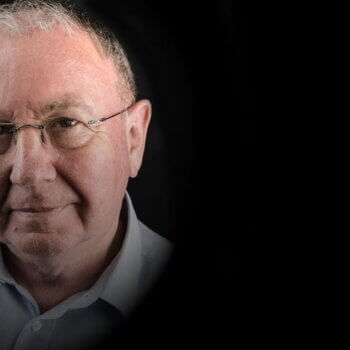Simon started his career as an intern in the online marketing department of Europe’s biggest life insurance provider. He was also a freelancer for a while and worked as an online marketing manager for US and UK companies before Simon decided to take the plunge and started his own B2C online marketing agency in 2013.
Simon has experienced online marketing from all sides, from an agency’s perspective, in-house, as a freelancer and now as the head of a small media company. He now shares with our readers his personal experiences of entrepreneurship.
In your own words what do you do?
The company focuses on building ethical blogs in so called “difficult niches”. There is a huge demand from companies for ethical, professional affiliate blogs in niches with unsavoury reputation. We regularly donate part of the revenue to charity (using Kiva mostly) and we focus on prevention, education, safety, consumer protection and honest and open communication above all else. We try to change the perception of these industries, one blog at a time.
What led you to your current business?
What people have to know is that online marketing agencies rarely remain online marketing agencies only. There are two ways most online marketing agencies naturally progress. One is to create apps, and tools (e.g.: Moz) and the other one is to become media companies. After all, aren’t online marketing agencies in the business of helping their clients turn their projects into profitable businesses? What’s stopping them to do that for themselves? It was just natural for us to develop our own website portfolio over time.
Could you walk us through your process of developing your business?
The online space is very saturated. In order to carve out a slice, one needs a great and marketable idea, years of experience, specialized knowledge and initial capital. Once you have all these, it’s only hard work.
Did you encounter any particular difficulties in the beginning?
I started my first business with just a laptop and only enough money to pay my rent for the month, when I was 26. I definitely don’t recommend doing this. The first two years were a nightmare. Any difficulty you can imagine: financial, emotional, health, legal – I had it.
The worst two were probably nearly going bankrupt during the first year. That’s an experience I hope not to repeat again (although, I learned a lot from it, don’t rely on just a few big clients, if they pull out you are left with nothing). And the other one would be a near heart attack from overworking, stress and caffeine abuse. I hope not to repeat this again as well, for obvious reasons (I almost died).
What is your long term plan?
Right now we are in the process of streamlining the business and we are moving to Southeast Asia. I have been working with Asian freelancers for 4 years now and I’m amazed by the professionality and work ethics of many of them. They just simply offer unbeatable price per value compared to European workforce.
Right now we are in the process of moving, setting up business there and getting settled, hiring people, getting acclimatized. I think this will keep us busy for the next year or two, and in the world of online marketing it’s very hard to plan for more than a year or two.
Could you share with us some industry insights?
I rather skip this question. It’s a very complicated industry we operate in. I doubt your readers would understand or care about the technicalities.
What are some important lessons you’ve learnt about business?
There are always people who play dirty. Most entrepreneurs are not self made men. Most of them have connections (sometimes political connections too, nearly all B2B business operates like this), or were born into a rich family, operate semi-illegally, have access to EU funds, cheat on their taxes etc… It’s disheartening, and you can really get yourself worked up on this, when you are trying to do the right thing, work hard, increase efficiency, cut costs, slash prices and you still struggle. My advice is to not to preoccupy yourself with this. The business world is a dirty place, but your own company can be as clean as a whistle. And that’s all that matters.
Any tips for achieving success?
Work hard and smart! They are not mutually exclusive. Dont’s start your own business unless you can do both. The first year or two will be horrible no matter what you do, so be prepared for that. Being entrepreneur is definitely not for everyone!
Where can readers reach you?
I’m only active on Google Plus, you can find me here and you can check out the company’s websites here.





























